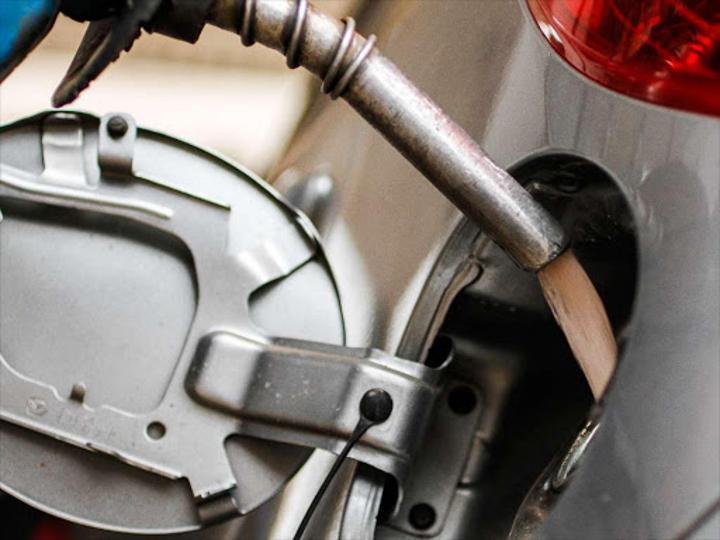Africa-Press – Mauritius. Global oil prices have recorded a six per cent decline ahead of the Energy and Petroleum Regulatory Authority(EPRA) May-June monthly pricing review set for Tuesday.
The latest weekly bulletin report by the Central Bank shows the benchmark Murban Oil prices declined to $83.28 (Sh10,930) per barrel in one week to May 8.
This is from $88.64 (Sh11,634) per barrel on May 2.
The drop is attributed to the current balance in demand and supply of oil, as well as a build-up of oil inventories in countries amid increased geopolitical uncertainties.
Other Global crude oil benchmarks, Brent and West Texas Intermediate (WTI) crude oil have been priced at $84.6 and $79.9, respectively.
Murban Oil Prices are used as a benchmark by EPRA, therefore, the trend in fuel prices in the country directly mirrors the worldwide oil pricing trends.
This is likely to trigger more relief at the pump after the local regulator massively cut prices in April, a move that could signal a soft cost of living.
EPRA’s April price review saw pump prices reduced by up to Sh18.
The regulator said a litre of Super petrol had decreased by Sh5.31, diesel by Sh10 per litre while Kerosene has gone down by Sh18.68 per litre.
In Nairobi for instance, super petrol is now retailing at Sh193.84, Diesel at Sh180.38 and Kerosene at Sh170.06.
With the declining benchmark prices globally, it is therefore expected to have a notable effect on the fuel prices in Kenya in the coming month further easing the economic pressure in the country.
Another contributing factor that could see the fuel prices ease further in the coming months is the easing forex exchange pressure.
The shilling is now conveying a positive recovery against the dollar attributed to the issuance of a $1.5 billion Eurobond to repay the inaugural $2 billion debt that is due June this year.
Kenya is a net importer, and importers have been feeling the pinch of the weak shilling, spending more on goods brought in, and passing on the burden to consumers.
However, the recent appreciation of the local currency means good news to both parties.
In two months to the end of March, the local currency had strengthened by 30 unit values, a 19 per cent gain.
This means importers were spending Sh19 less on every shilling used to buy a dollar for imports.
The gain is almost half the value it had lost in four years since early 2020 when it started weakening.
It had weakened to the low of 161 as of January 2024 from the high of 100 in 2020.
For More News And Analysis About Mauritius Follow Africa-Press







